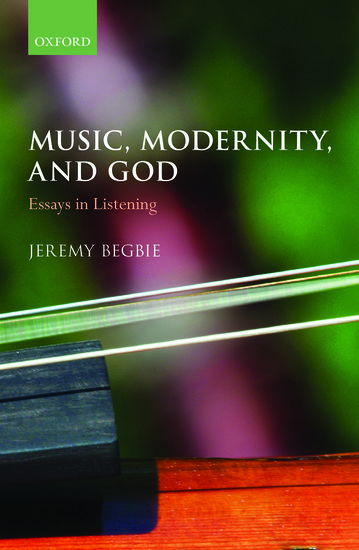How the Humanities changed the world
Have insights from the humanities ever led to breakthroughs, or is any interpretation of a text, painting, musical piece, or historical event as good as any other? I have long been fascinated with this question. To be sure, insights from the humanities have had an impact on society.










